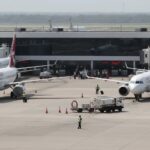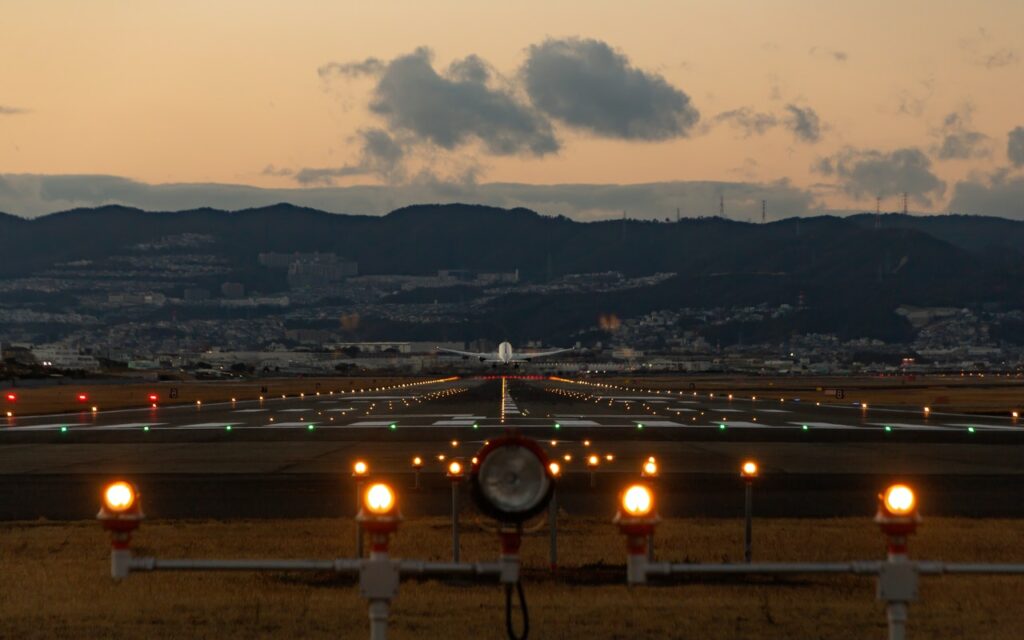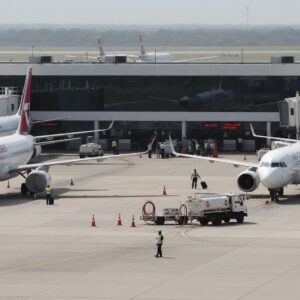Delta Air Lines Inc and Virgin Atlantic have said that pent-up demand for international travel meant consumers were willing to pay higher prices, which can help the airlines to cover rising fuel costs.
The Russian invasion of Ukraine has resulted in the closure of huge sections of airspace and a dramatic increase in fuel prices, imposing further stresses on an airline industry that has already spent two years fighting COVID-19 travel limitations and restrictions.
Even while numerous Asian airlines remained grounded, Delta CEO Ed Bastian stated at a press conference in London that prior to last week was the company’s greatest booking day in history, and he was experiencing the strongest demand of his career.
Delta increased their revenue prediction for the current quarter as Bastian was speaking. Most European airlines hedge against unpredictable energy costs, whereas American airlines, which reduced capacity during the pandemic, does not do so.
Fares are expected to climb as demand rises, helping to mitigate the damage. Weiss stated that Virgin had a brief drop in demand during the Russian invasion, but that it has since rebounded.
“We haven’t seen any impact at all, in terms of reluctance to travel from U.S. travelers coming to Europe,” Delta’s Bastian said, adding that he was not at “a point of nervousness” about rising oil prices.
Both airlines also reported a rebound in business class reservations, with Delta reporting that corporate travel was 60% back, powered by demand in the United States, and Virgin reporting that business bookings were 50% of 2019 levels. Delta owns 49% of Virgin Atlantic, while Richard Branson’s Virgin Group owns the remaining 51%.

















More Stories
Australia’s Thrive 2030: Global Tourism Powerhouse Unleashed
SBA Blocks Green Card Holders From Key Loan Program, Raising Concerns for Immigrant Businesses
Phoenix Ignites America’s $3 Trillion Tourism Powerhouse Unleashed